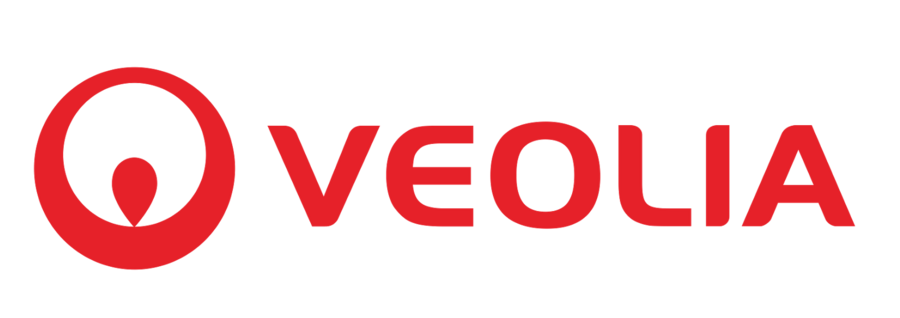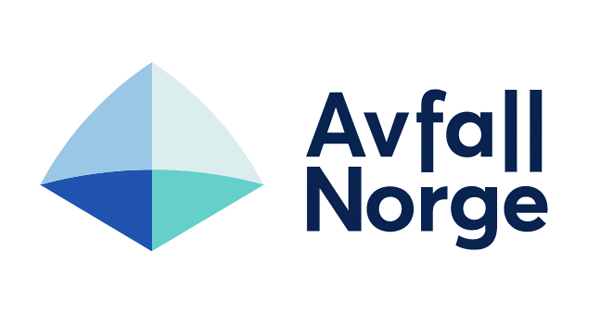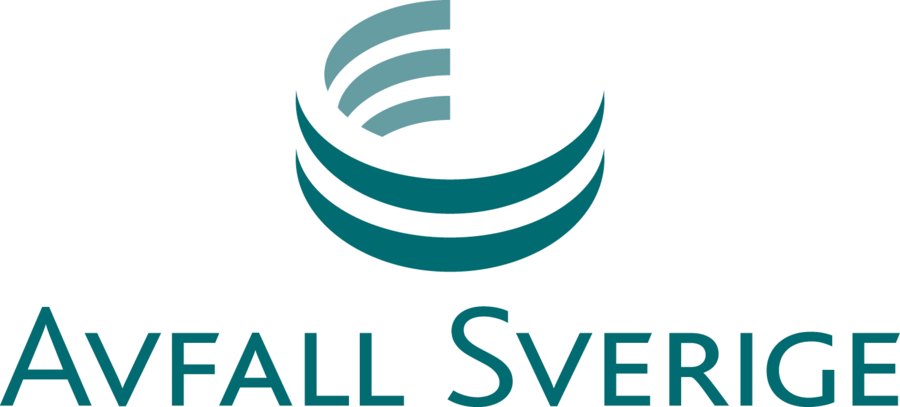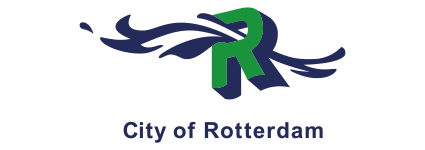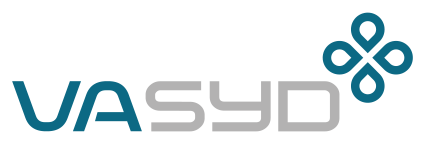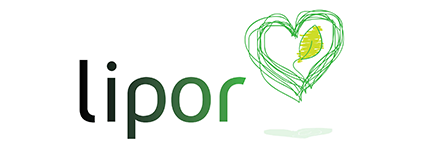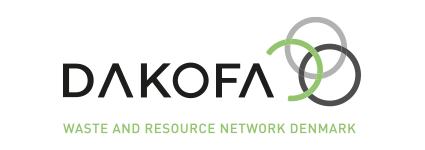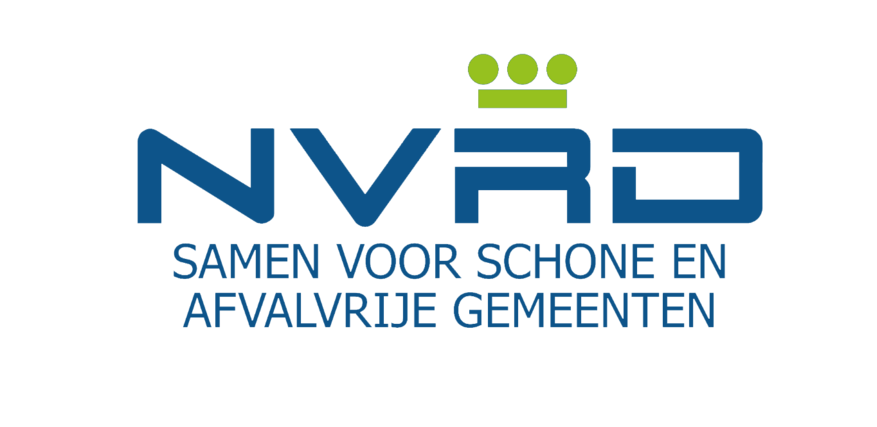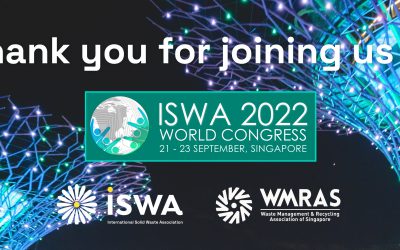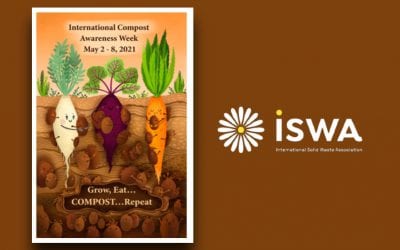
ABOUT US
MEDIA
REPORTS
PARTNERS
Partners
The ISWA Task Force on Marine Litter was formed in the beginning of 2017 and the Terms of Reference were approved by the ISWA’s Scientific Technical Committee in April 2017.
The Task Force is the first working body within ISWA that publicly invites others to support the work, either as a partner, a website sponsor, or as an individual supporter.
MARINE LITTER
Marine litter, sometimes referred to as marine debris, is defined as any persistent solid material that is manufactured or processed and directly or indirectly, intentionally or unintentionally, disposed, discarded or abandoned into the marine environment – a lake, sea, ocean or waterway. United Nations Environment estimates that up to 80 per cent of all litter in our oceans is made of plastic (UNEP 2017). Every year at least 8 million tonnes, the equivalent of one full refuser truck per minute, of plastic find its way into the worlds oceans.
Plastic waste in our oceans can only be stopped by people: by people thinking and acting differently, by people making recycling more worthwhile, by people creating a sustainable waste management worldwide – and by people actively supporting the promotion of infrastructure and legislation that support the advancement of waste management as part of a circular economy.
There is no doubt that both local and global environmental and resource efficiency failures play a big part in the current situation. The challenges of uncollected and improper disposal of municipal waste, must be met.
The extent of marine litter is now global, with plastic particles having been detected in all of the world’s oceans – even the most remote and untouched environments. And it has entered the food chain.

It is estimated that 3 billion people globally do not have access to environmentally sound treatment or disposal facilities for their waste.
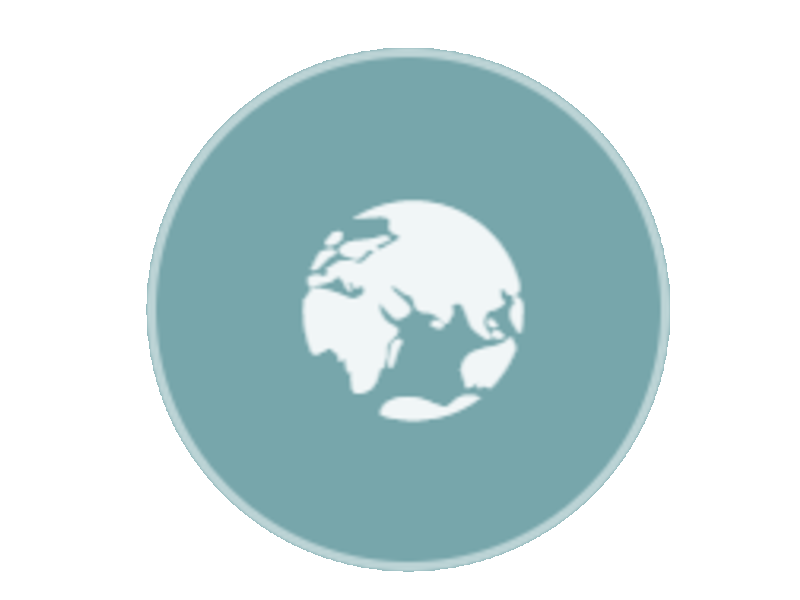
Plastic debris represents 50 to 80% of shoreline debris and plastic items are commonly recorded as some of the most common items collected during beach surveys and clean-up efforts.
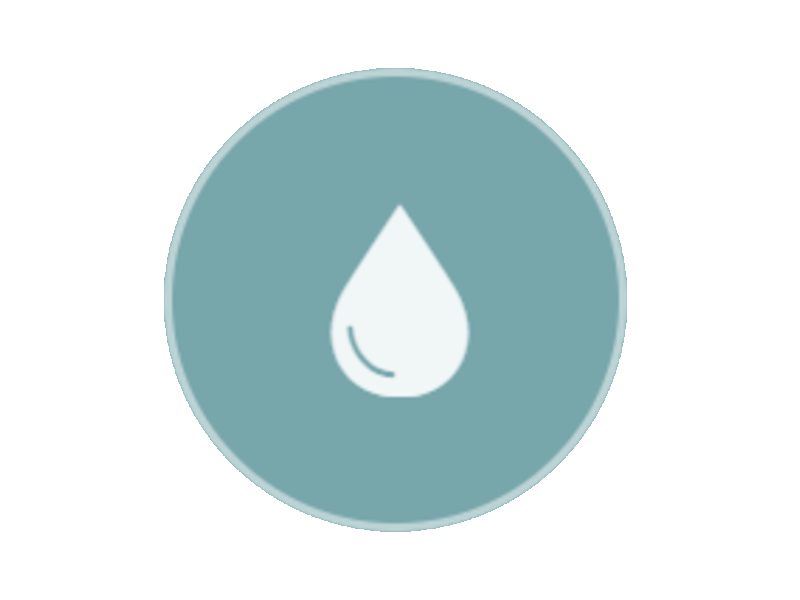
According to Ocean Conservancy, (2012), an estimated 0.5 to 5.9 million tonnes of plastics enters the oceans from sea-based sources every year.
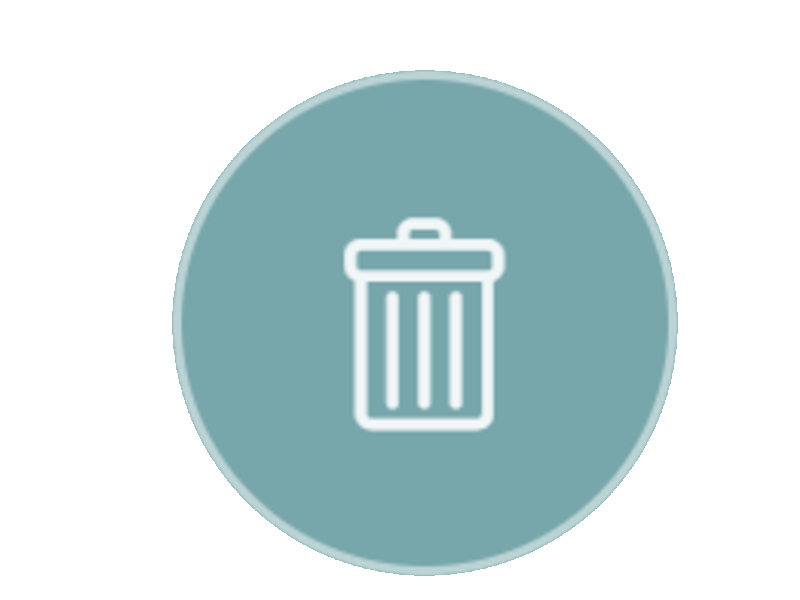
In low income countries, for every metric tonne of uncollected waste near waterways, almost 18 kilograms of plastic enters the ocean – equivalent to more than 1,500 PET bottles.
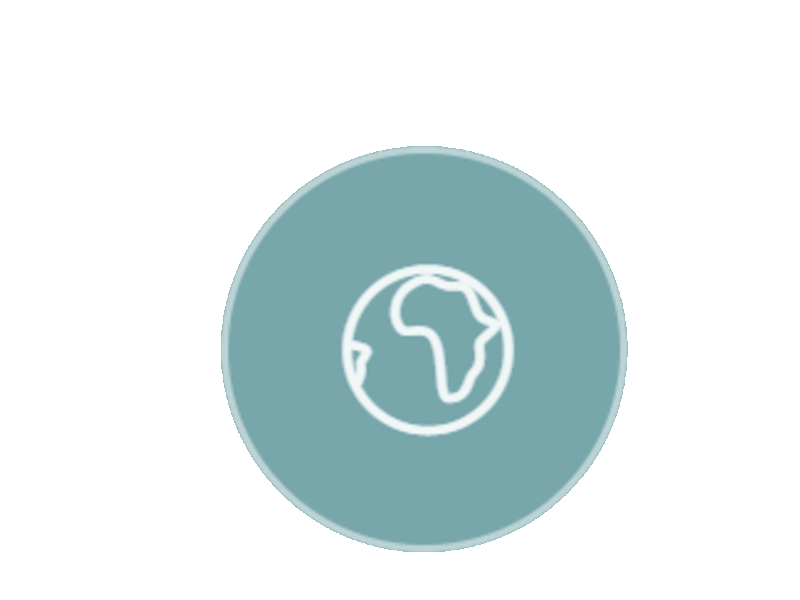
It is estimated that between 1.2 and 2.4 million tonnes of plastic litter currently flows from the world’s rivers into the oceans every year.
A CHALLENGE OF PLANETARY SCALE
The ISWA Marine Task Litter Force identified three key challenges in fulfilling our mission of establishing a sound waste management system, which will prevent plastic waste reaching our oceans:
Preventing littering and dumping of wate items, intentionally and unintetionally, in absence of suitable collection infrastructure.
- Develop practices for sound collection and disposal of municipal waste.
- Identify and demonstrate realistic best practices that can be adopted by local, regional and national authorities.
- Promote sufficient value of secondary plastics as part of a resource efficient circular economy.
The use of plastic as a part of our daily life continuously increases. In many places, there is a complete lack of or poor waste management systems and infrastructure, which directly impacts the quantities of plastic discarded into marine areas. In other places, there is insufficient monitoring and law enforcement to establish sustainable waste management practices. The market for secondary plastics is problematic, as there is a prevailing lack of understanding of technical challenges, social consumption patterns and littering behaviours, and the general impact of unplanned tourism and fishing industry.
Plastic marine litter is yet another reminder, alongside climate change, of the serious global impact generated by millions of local inappropriate actions and inactions within the waste disposal system.
In this respect, plastic marine litter provides an opportunity to demonstrate and make the impact of improper waste management and the urgent need for a shift to a sustainable circular economy easily understood.
Marine litter damages ecosystems, and marine-based economic sectors, such as tourism and fisheries. It also impacts other aquatic environments that are vital for human societies, such as rivers. The extent of marine litter is now global, with plastic particles having been detected in all of the world’s oceans, reaching the most remote or human untouched environments, and even in the food chain.
ISWA – A PERFECT PARTNER
ISWA, the International Solid Waste Association, is a global, independent, and non-profit association. It is the only worldwide association promoting sustainable, comprehensive, and professional waste management. As waste management experts, we are perfectly placed to drive these important questions on the international arena and highly committed to playing a major part in the war against plastic waste in our oceans. We aim to provide the relevant and critical knowledge for the identification of actions to mitigate plastic waste by finding preventive solutions.
HOW TO GET INVOLVED
We are continually expanding our network and partnerships. If you are interested in becoming a partner or sponsor to the Task Force.
PARTNER
If you are interested in becoming an official Partner, the minimum, expected contribution is 20.000 €. As an official Partner, you will be part of the Advisory Board and have free access to all external seminars. Your logo will be visible on all our marketing material, including our website, where you will have a visible link to your homepage.
SPONSOR
If you are interested in becoming an official Sponsor, the minimum, expected contribution for this category of sponsorship is 5.000 €. Your organisation’s logo will be visible at our homepage as well as on information materials and reports.
DONATIONS
As an individual, you too can support our work by donating an optional sum of money. We believe that any contributive effort to our cause can make all the difference.
WELCOME TO OUR REPORT ON HOW TO PREVENT MARINE PLASTIC LITTER – NOW!
It arrives at a critical moment in history where the global community decided to stand firmly behind a series of Sustainable Development Goals (SDGs), aiming at a better future for the entire humanity and the planet. Indeed, the work intersects major global challenges: how to minimise and eventually stop marine litter (part of SDG 14), whilst addressing the global crisis of inadequate waste and resources management for all (part of SDGs 11 and 12).
Dr Costas Velis – University of Leeds – Leader, ISWA Marine Litter Task Force
Marine litter is becoming a global challenge similar to climate change. Not only regarding its vast health and environmental impacts, but also because marine litter, exactly like climate change, is the global result of our local actions and inactions.
Our report casts new light on these issues, outlining how sound waste and resources management around the World, and in particular in the Global South, can make a major difference in mitigating marine litter, achieving tangible effects within the near, rather than distant, future – hence, our focus on “Now!”.
If you have issues opening the link above, try the low-resolution version of the report here.
HOW TO PREVENT MARINE LITTER?
Sound waste management practices are the key to reducing marine litter. Most materials that go on to become marine litter could be effectively intercepted before entering the aquatic environments by establish a sound waste management.
Sound solid waste and resource managment is the only major effective prevention because, on average, the majority of marine litter origniates from on-land activities, mostly as a result of usustainable solid waste management practices.
ABOUT US
ISWA TASK FORCE ON MARINE LITTER
The ISWA Task Force on Marine Litter was formed in the beginning of 2017 and the Terms of Reference were approved by the ISWA’s Scientific Technical Committee (STC) in April 2017. The Task Force is the first working body within ISWA that publicly invites others to support the work, either as a partner, a website sponsor, or as an individual supporter.
MARINE LITTER IS ABOUT PEOPLE, NOT WASTE!
Plastic waste in our oceans can only be stopped by people who think and act differently, who make recycling more worthwhile, who support sustainable waste management worldwide, and who actively support the promotion of infrastructure and legislation that supports the advancement of waste management as part of a resource efficient, circular economy.
There is no doubt that both localised and global resource efficiency failures play a big part in the disastrous level of litter in the oceans. We must tackle the challenges of uncollected and improperly disposed of municipal waste and potential recyclables thereof.
ISWA is committed in playing a major part in this. Together with the professionals, companies, organisations, and individual experts that represent ISWA, we possess the relevant and critical knowledge to identify both short-term mitigating interventions and long-term solutions.
THE FIRST STEPS
THE ISWA MARINE LITTER TASK FORCE
The ISWA Marine Litter Task Force is an international partnership led and facilitated by ISWA. The aim is to explore and clearly establish the link between efficient waste management and the prevention of plastic waste reaching our oceans.
OUR FIRST THREE STEPS:
1. Highlight the role of sound waste and resource management in preventing marine litter by exploring and synthesizing key facts, challenges, and opportunities, and identifying, analysing, and communicating examples of best and worst practices. The Marine Litter Task Force aims to achieve these objectives by identifying the sources, flows, key intervention points, contribution of rivers, cities, major dumping sites, packaging littering, lack of resource recovery, and role of informal recycling sector.
2. Propose a ‘Call for Action’ or a ‘Global Roadmap’ (locally adapted) of generic principles and major specific actions to increase the value of secondary plastics to support sound waste and resource management.
3. Create the necessary links, organisational relationships, and platforms to facilitate actions and solutions through transference of knowledge and key stakeholder sensitisation.
OUR MISSION & STATEMENT
Sound waste management practices are the key to reducing marine litter. Our aim is to explore and clearly establish the link between sound waste management treatment and the prevention of plastic waste reaching our oceans.ISWA’s vision is to create a world where no waste exists. Our mission is to promote and develop sustainable and professional waste management worldwide. Every year at least 8 million tonnes of plastic, the equivalent of one full refuse truck per minute, finds its way into the world’s oceans. If no action is taken, this number is expected to increase to two full refuse trucks of plastics per minute by 2030, and four per minute by 2050.
IT IS TIME TO TURN OFF THE TAP.
OBJECTIVES
As a taskforce, we aim to achieve the following objectives :
Prevent littering and dumping
Prevent the littering and dumping of waste items, especially in areas where there is an absence of a suitable collection infrastructure.
Develop practices for sound collection and disposal of municipal waste
Identify and demonstrate realistic best practices that can be adopted by local, regional, and national authorities.
Promote a global evolution of efficient resource management
Promote sufficient value of secondary plastics as part of a resource efficient circular economy.
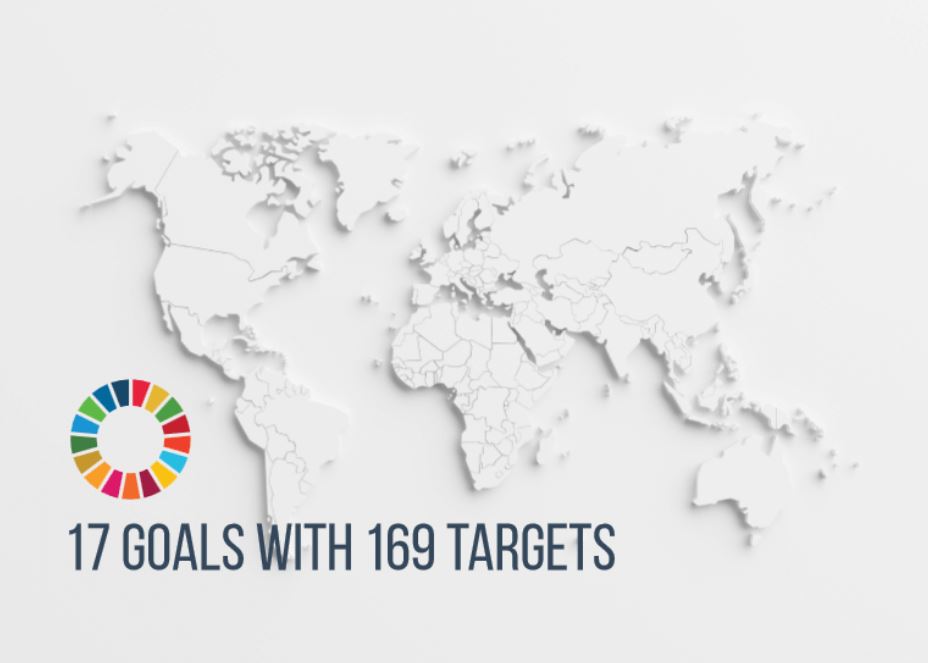
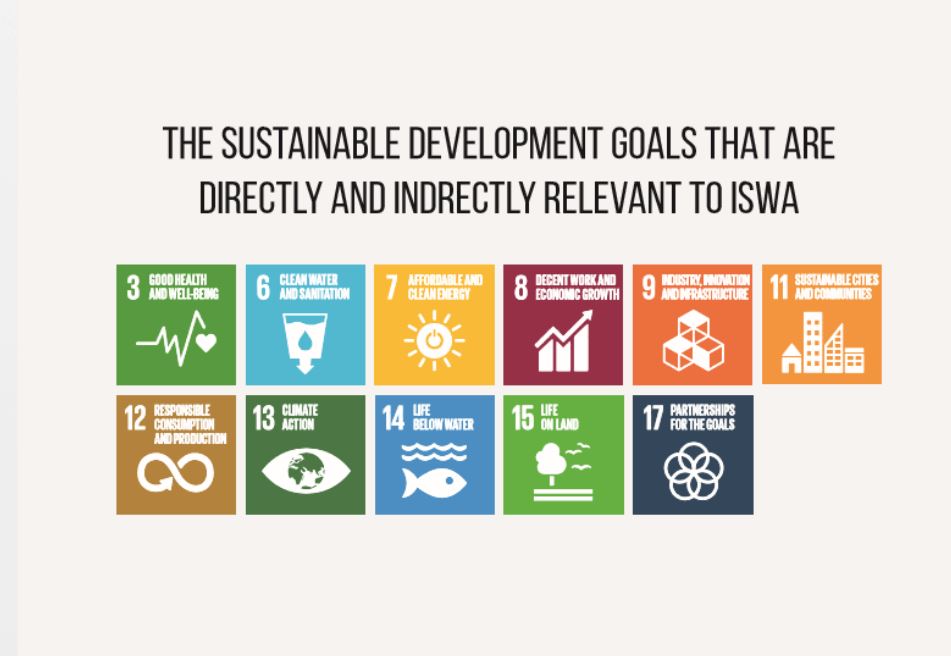
“Over the next 15 years countries will mobilize efforts to end all forms of poverty, fight inequalities and tackle climate change, while ensuring that no one is left behind.”
The sustainable development goals (SDGs) are a new, universal set of goals, targets and indicators that UN member states are expected to use to frame their agendas and political policies. Over the next 15 years countries will mobilize efforts to end all forms of poverty, fight inequalities and tackle climate change, while ensuring that no one is left behind.
The goals were officially adopted at a UN summit in New York in September 2015, and became applicable from. In March 2016, the United Nations Statistical Commission’s Interagency and Expert Group on SDG Indicators (IAEG-SDGs) agreed on 230 indivi- dual indicators to monitor the 17 goals and 169 targets of the SDGs.
The SDGs contain a number of targets addressing explicitly and implicitly the topic of waste and resource management, marking an advance of this topic to the global development agenda. Since the SDGs are expected to be used by national governments to frame their agendas and policies over the next 15 years, the waste and resource management topic is expected to be included in these national development agendas and policies.
ISWA AND SUSTAINABLE DEVELOPMENT GOALS
We started by identifying, in general, those SDGs and targets that are directly and indirectly relevant to ISWA. Then the relevant SDGs and targets that each of ISWA’s activities and projects are contributing to are identified. Eventually, all future projects of ISWA are going to be analysed to assess their links with the SDGs and their targets, which will be communicated to relevant partners as widely as deemed suitable according to ISWA’s communication strategies.
International Solid Waste Association has identified 11 out of 17 Sustainable Development Goals
that are directly and indirectly relevant to ISWA.
The following goals are listed in order of relevance to ISWA Task Force on Marine Litter.

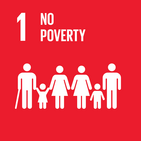
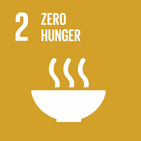
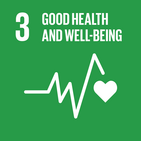
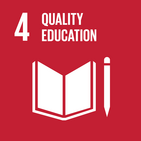
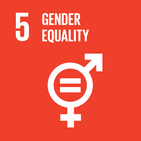
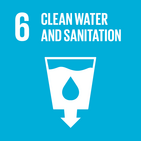

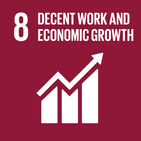
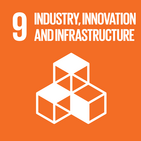
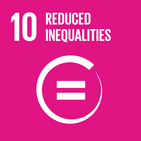
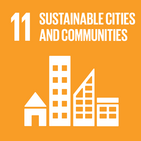
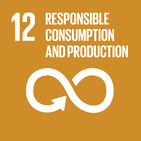
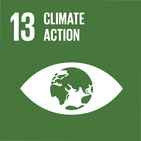
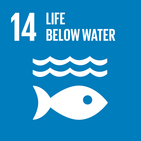
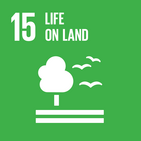
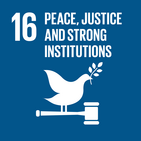
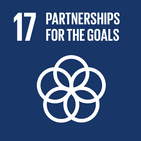
COMMUNICATIONS MATERIALS
The following section includes PR media files, which can be downloaded and use in any material concerning ISWA Marine Task Force. Please make sure that you credit the resources accordingly.
You can also direct your communications inquiries to the ISWA Task Force on Marine Litter marinelitter@iswa.org
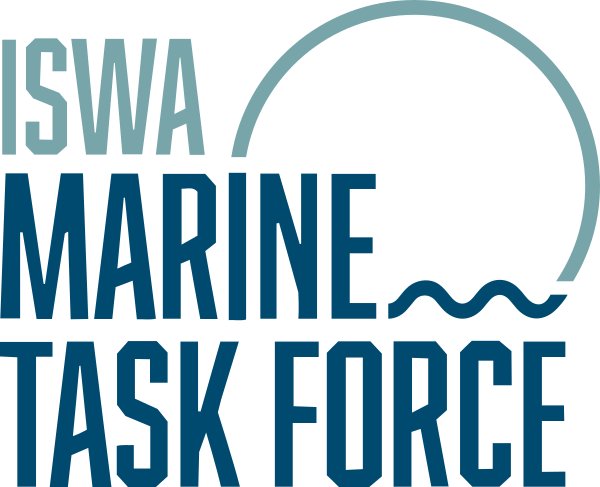

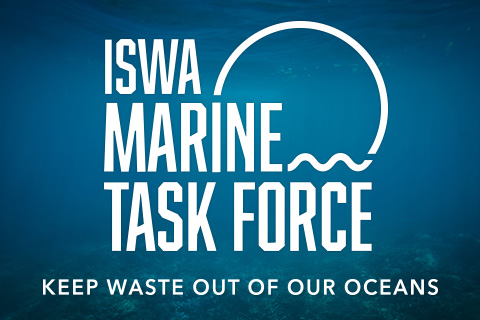
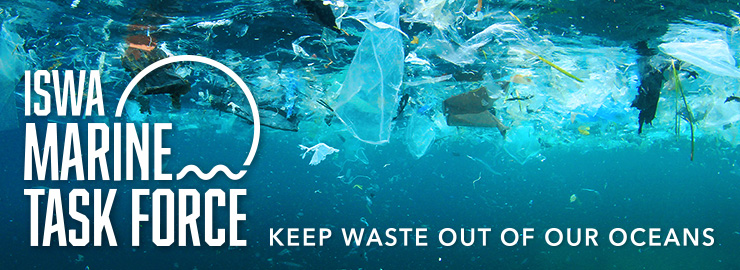
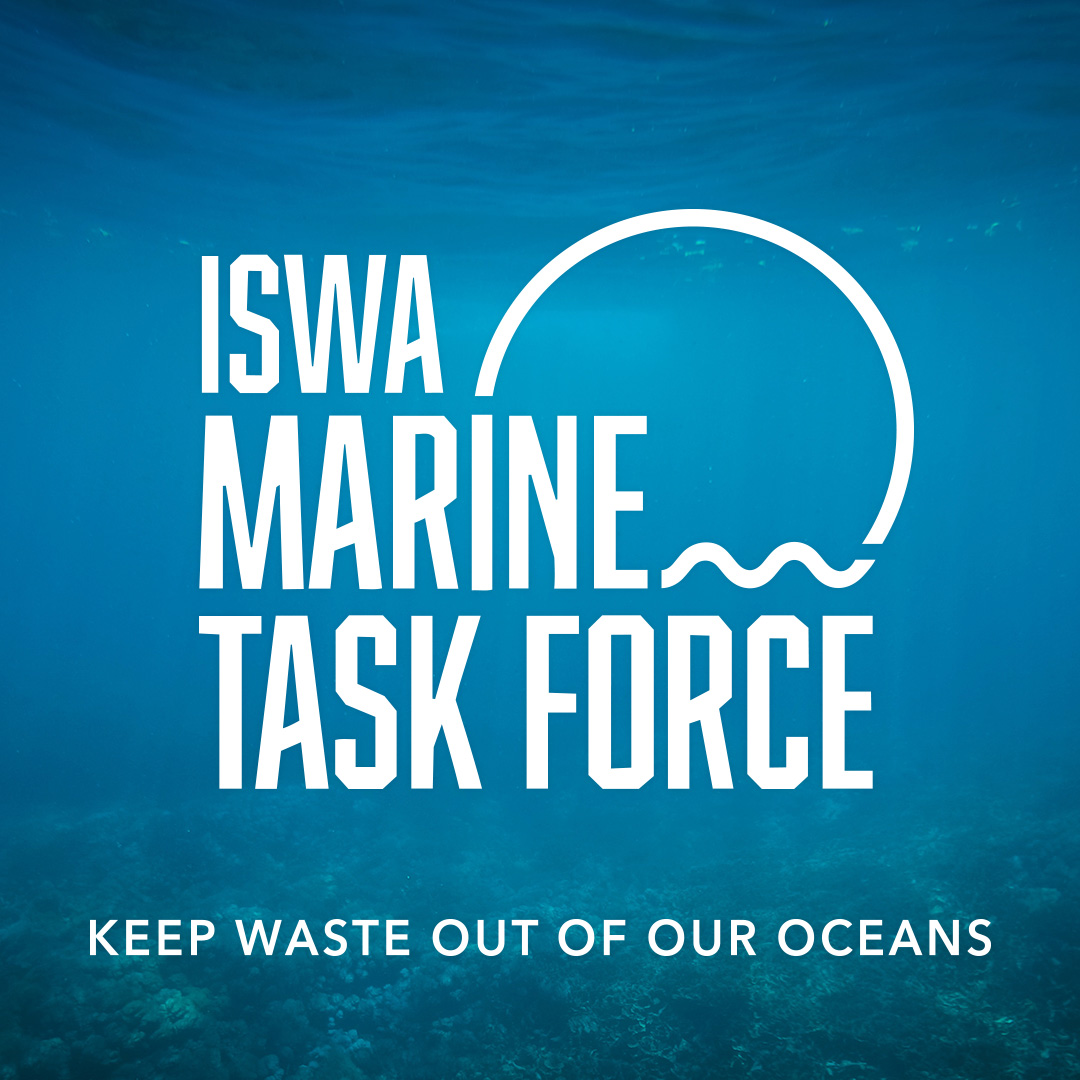
VIDEO GALLERY
Recent publications
Latest news
#ISWA2022 – Singapore slings ISWA back into a physical World Congress!
From 21st to 23rd September 2022, the 38th edition of the ISWA World Congress took place at the Sands Expo &...
International Compost Awareness Week | Grow, Eat, Compost … Repeat!
This week is International Compost Awareness Week (May 2nd to 8th). It showcases how recycling organic wastes into...
Upcoming events
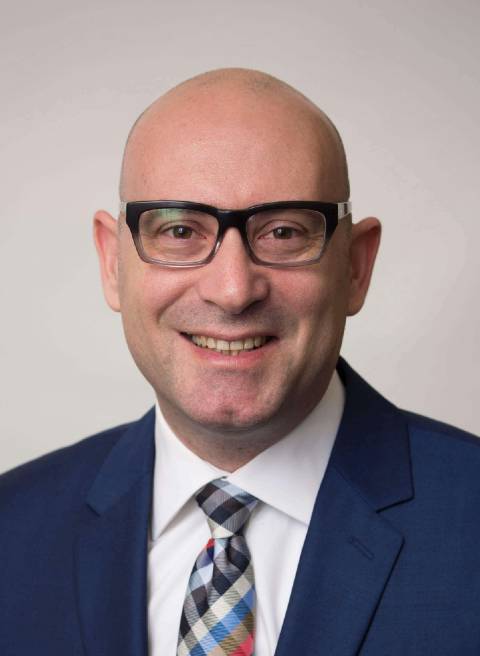
Costas Velis
Task Force Leader
View profile
Lecturer at Resource Efficiency Systems at University of Leeds

Gunilla Carlsson
Communications Coordinator
View profile
Public Affairs & Internationella relationer
Contact coordinator
Aditi Ramola is happy to answer to your questions. Fill out the form and she will get back to her as soon as possible.


